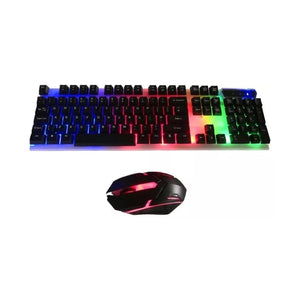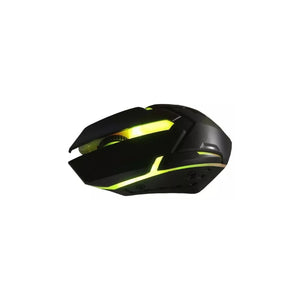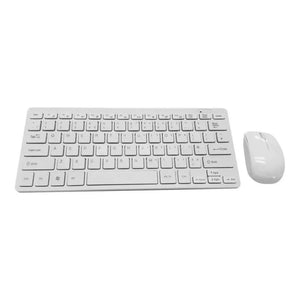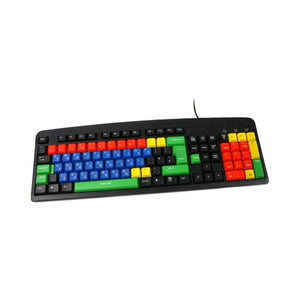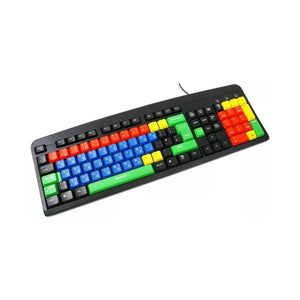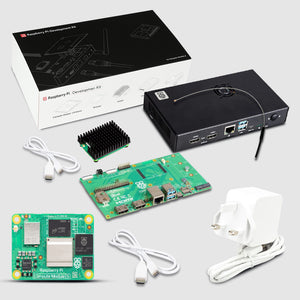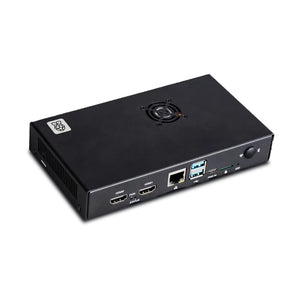Raspberry Pi has just dropped a fresh update that’s bound to excite developers, hobbyists, and embedded systems engineers alike — Camera Module 3 Sensor Assemblies are now available as standalone components, starting at only $15.
Since its debut two-and-a-half years ago, the 12MP Raspberry Pi Camera Module 3 has been widely adopted by DIY makers and industries for its powerful autofocus capabilities and crisp imaging. However, for projects where space is at a premium, its 25 × 24mm footprint has often been a limiting factor.

To address this, Raspberry Pi is now offering the sensor assembly alone — essentially the core imaging tech stripped from the PCB — allowing engineers and tinkerers to integrate the camera directly into their custom compact PCBs.
Each sensor assembly features the same powerful specs as the full Camera Module 3:
-
Sony IMX708 sensor
-
4608×2592 resolution (11.9MP)
-
1.40μm pixels
-
Phase Detection Autofocus (PDAF)
-
Reference schematics and BOM available for seamless integration
Raspberry Pi Camera Module 3 Sensor Assemblies are available in four different variants to suit a wide range of use cases — from standard imaging to low-light and wide-angle applications. The standard field-of-view (FOV) variant is priced at $15, offering excellent image quality for general purposes. For projects requiring infrared sensitivity, the NoIR variant is also available at $15, making it ideal for night vision and scientific imaging.
If your project demands a wider 120° field of view, the wide-angle variant is offered at $25, while the Wide NoIR version, combining both wide FOV and infrared capabilities, is priced at $25 as well. These flexible options allow developers to choose the perfect camera configuration for their specific application needs.
The NoIR (No Infrared Filter) versions are especially useful for night vision, plant monitoring, and scientific imaging, while wide FOV variants offer expanded visibility for surveillance, robotics, or panoramic shooting.
This move unlocks huge potential for embedded systems, wearables, compact robotics, and industrial setups where traditional camera modules don’t fit. Whether it's monitoring glaciers, wildlife, production lines, or museum exhibits, these sensor assemblies can now be seamlessly adapted to custom designs without the bulk.
Raspberry Pi has a rich history with cameras, dating back to the original Camera Module 1 in 2013. With this new launch, the brand reinforces its commitment to providing flexible and affordable imaging solutions — and it’s exciting to imagine the innovative applications these compact modules will power next. Camera Module 3 Sensor Assemblies are available now via Raspberry Pi Approved Resellers.


